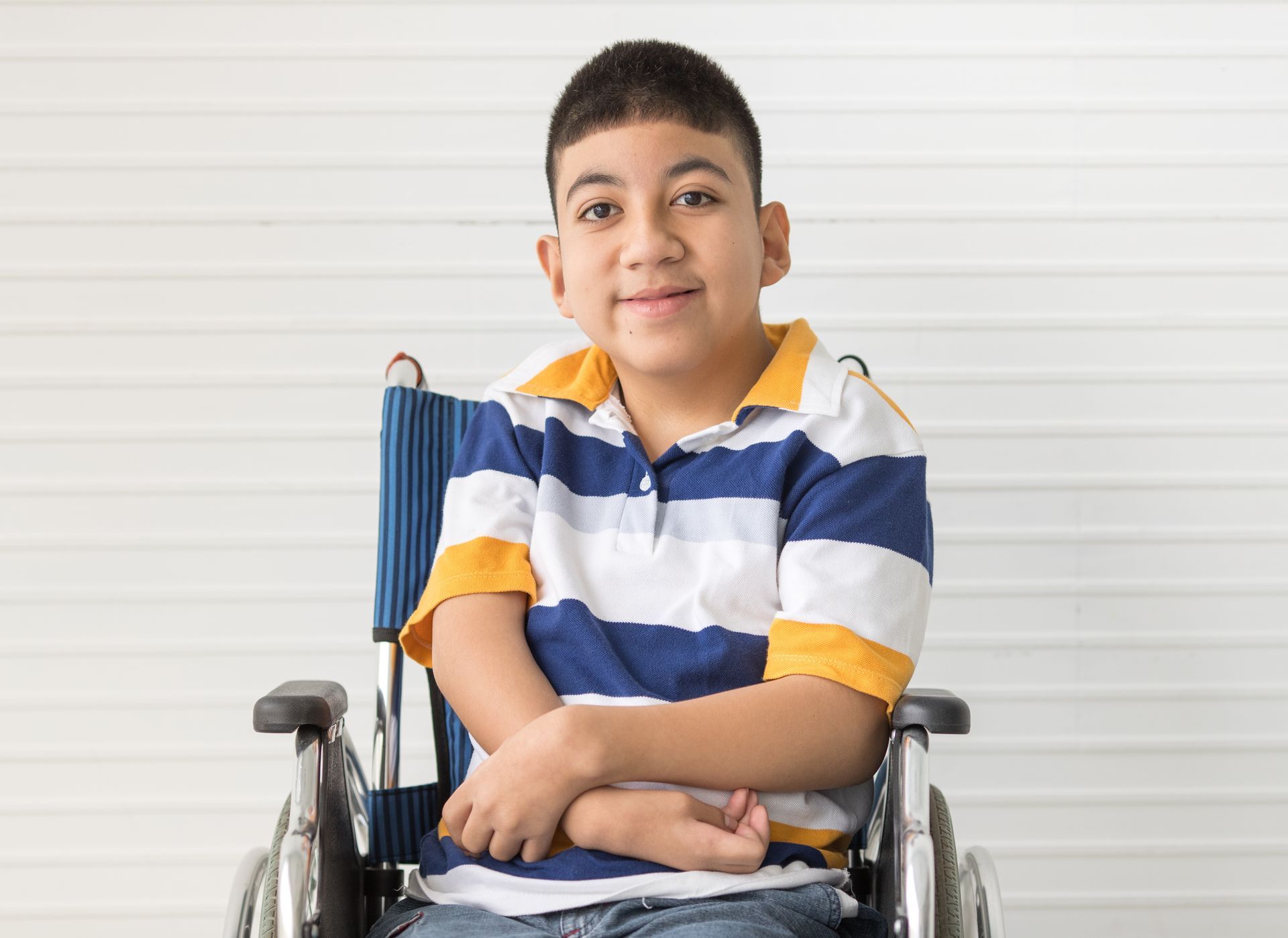Agamree becomes 1st approved DMD treatment in Canada
Health Canada gives OK to therapy for patients 4 and older
Health Canada has approved Agamree (vamorolone) to treat Duchenne muscular dystrophy (DMD) in patients ages 4 and older, making Agamree the first approved DMD treatment in Canada.
Canada’s approval is the sixth for Agamree to treat DMD. The therapy is approved in the U.S., the U.K., and the European Union, as well as in China and Hong Kong, according to a press release from the therapy’s developer, Santhera Pharmaceuticals.
DMD is caused by mutations in the gene that provides instructions to make dystrophin, a large protein that acts like a shock absorber in muscle cells to cushion cells against damage. People with DMD produce virtually no functional dystrophin protein, and as a result, muscles accumulate excessive wear-and-tear damage over time, leading to MD symptoms like muscle weakness and wasting.
DMD treatment in Canada has relied largely on corticosteroids, anti-inflammatory medications that work by mimicking the stress hormone cortisol. By binding to cortisol receptors on the body’s cells, corticosteroids can help reduce muscle inflammation to preserve muscle function in DMD. However, long-term corticosteroid use can lead to a host of side effects including weight gain, skin issues, and mood changes.
Treatment designed to work with fewer side effects
The active agent in Agamree is a so-called dissociative corticosteroid. It’s designed to bind to cortisol receptors in a way that recapitulates the anti-inflammatory properties of traditional corticosteroids, but with fewer side effects.
Approvals of Agamree have been based largely on data the pivotal Phase 2b VISION-DMD clinical trial (NCT03439670). The study tested Agamree against prednisone, a commonly used corticosteroid, in DMD patients. Results showed that both treatments were comparable in terms of their ability to preserve muscle function, but Agamree was associated with fewer side effects, reversal of stunted growth, and stabilized body mass index (a measure of body fat that accounts for weight and height).
Agamree was originally developed by Reveragen Biopharma. Catalyst Pharmaceuticals secured commercial rights to Agamree in North America in a 2023 deal with Santhera.
Agamree will be sold in Canada by Kye Pharmaceuticals, which secured Canadian rights to the therapy in a deal with Catalyst.
Kye’s application seeking approval of Agamree was granted priority review by Health Canada, shortening the time it takes to reach a decision to six months from the standard 10 months.











